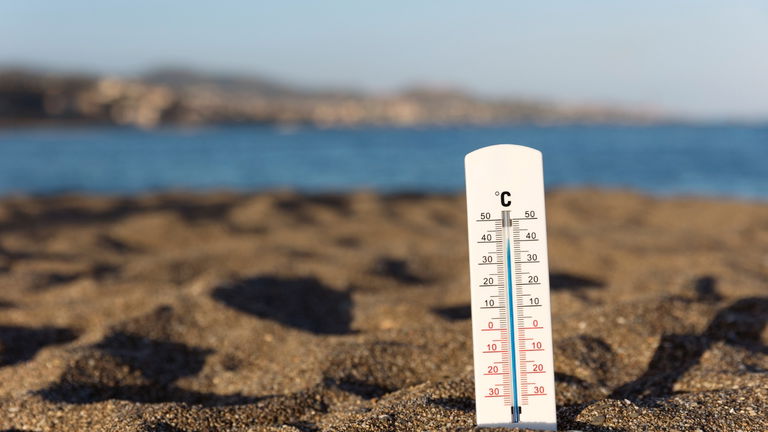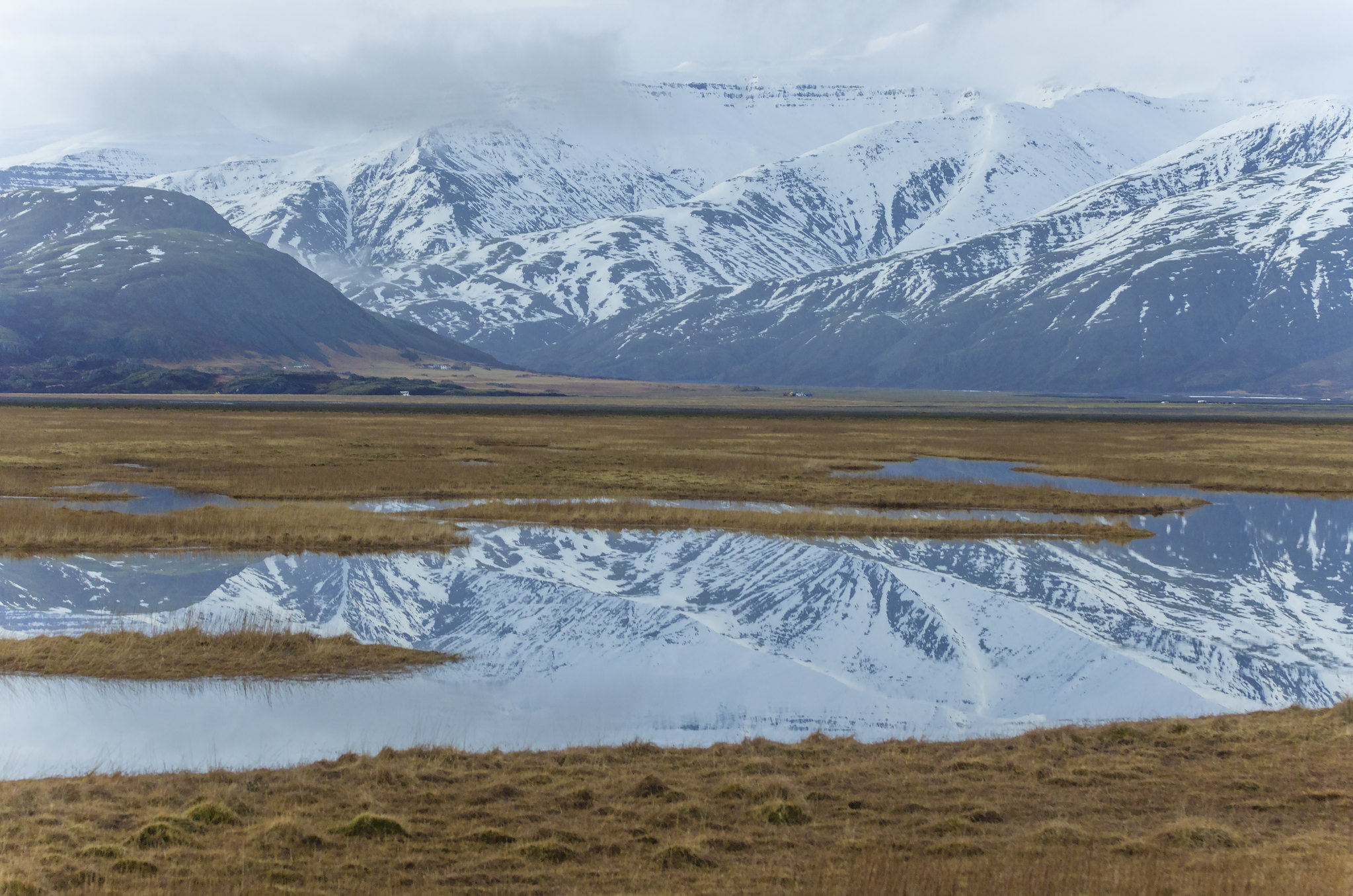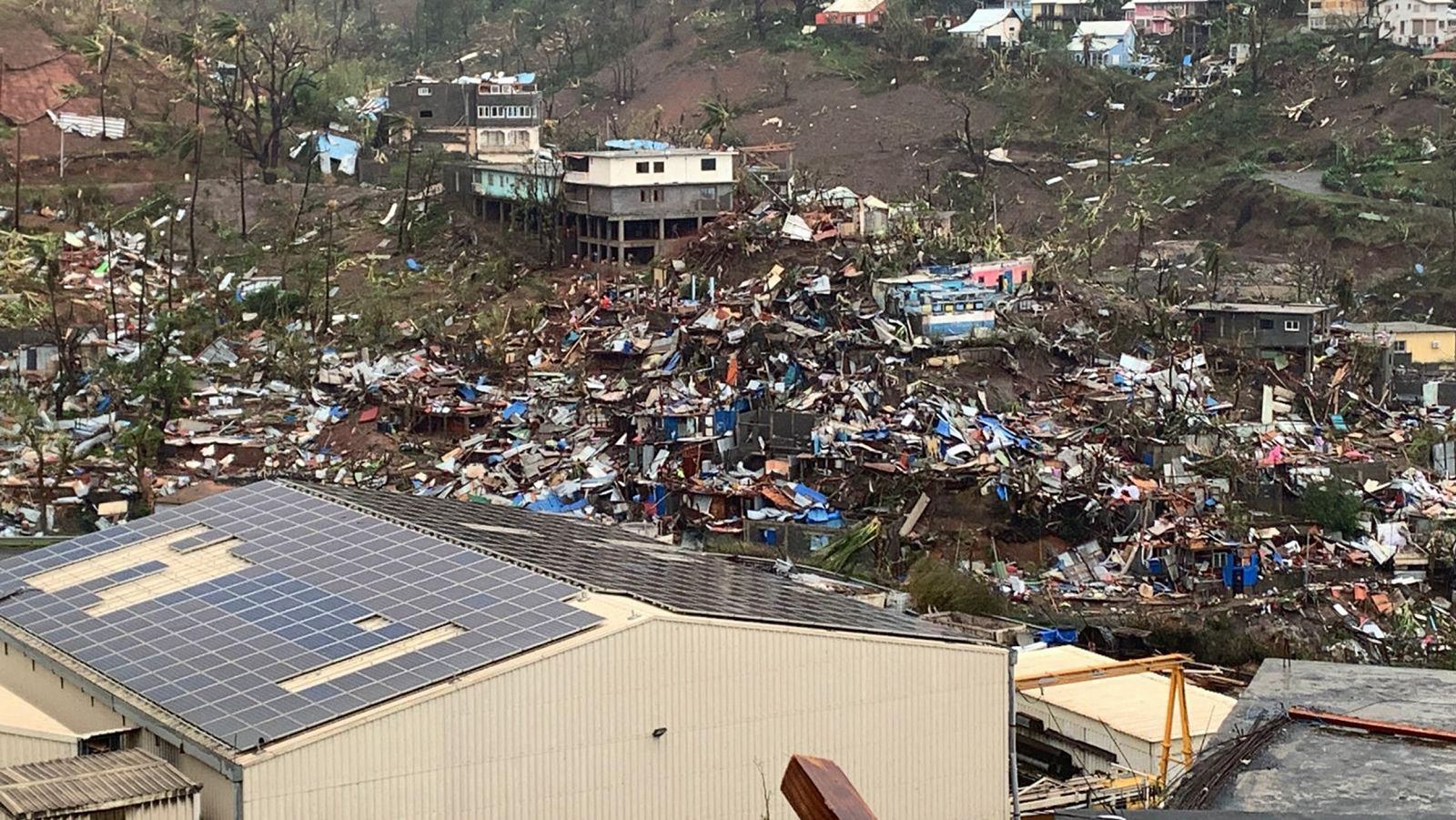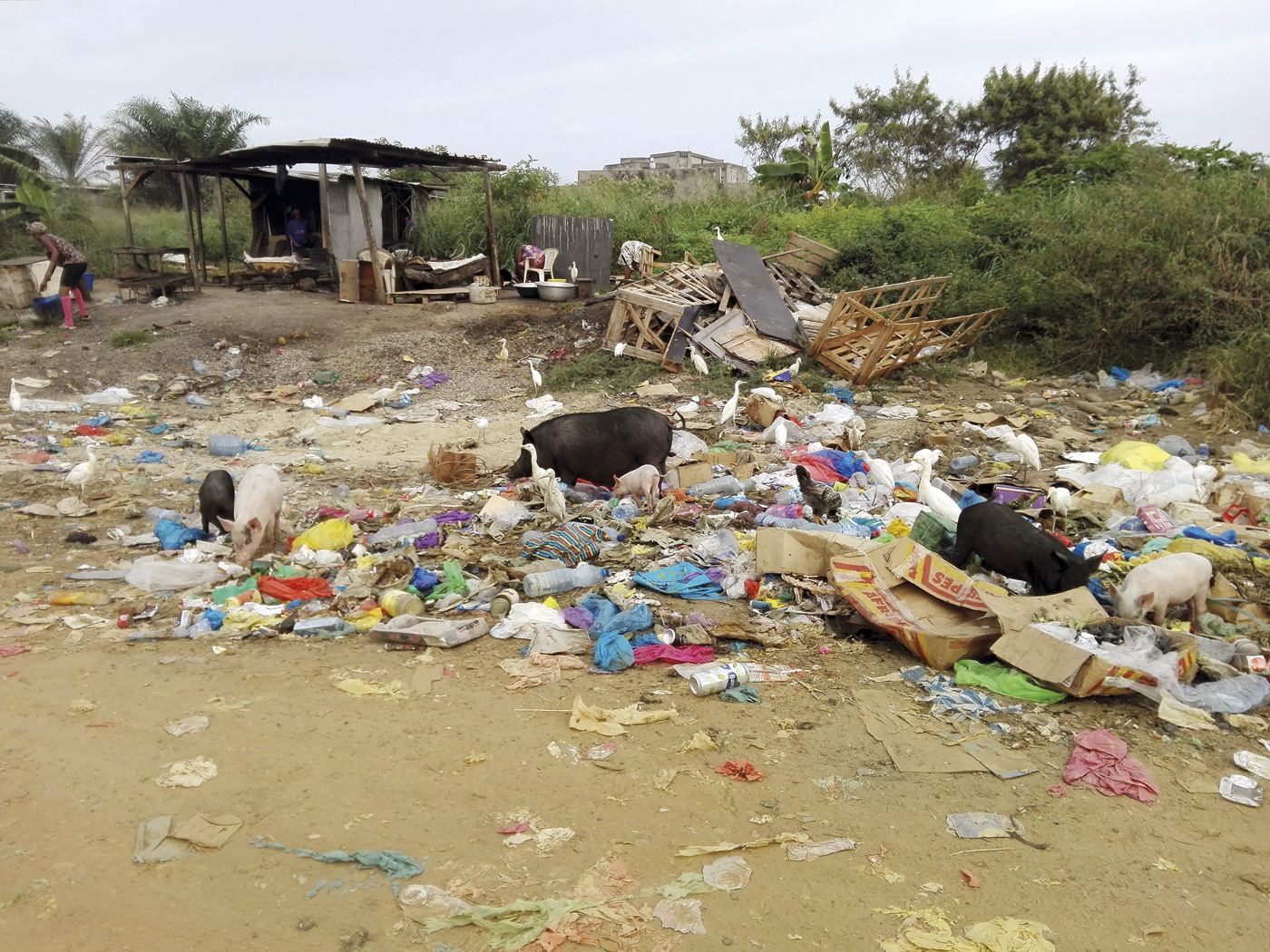The system of ocean currents can be more unstable than expected and thus the climate
- One of the guarantees of climate stability is thermohaline circulation, a system of currents across the three oceans. Global warming causes this circulation to weaken, and this century may well be totally disrupted, even if there is a lot of uncertainty about it. This suspension would cause great disasters in many regions, compromising societies' very survival. The level of this risk and its uncertainty should be sufficient reasons for applying the precautionary principle, but this is not the way we have taken for the time being.

In the North Atlantic, mainly between Greenland and northern Europe, there is a fundamental process, known as Gutiérrez, to which a surface stream leads the hot water of tropical origin, connecting in part of its journey with the Gulf Stream and moving to the North Atlantic 15 million cubic meters per second. This water on your journey produces evaporation that heats the air and makes the water more salty. When this saltwater water cools in the north, it becomes denser, because it's salty and cold, and it sinks as a consequence. This collapse drives the system of currents called the Meridian Atlantic Circulation Revolution, known internationally by the acronym AMOC – Atlantic Meridian Overturning Circulation. AMOC transports energy – heat, oxygen, carbon and nutrients and is connected to surface and deep currents of other oceans. In the North Atlantic, the AMOC transports a significant portion of the heat from the tropics to our latitudes. Because of the winds of the west, Europe in the northwest is a temperate ocean climate instead of a subarctic climate in most of the world of this latitude. In other latitudes of the world, the monsoon is produced in South Asia and West Africa; Central America, the Caribbean and the Amazon are rainy regions; and the waters of Peru and Angola are very valuable for fishing, among others.
Destabilising symptoms and possibility of stopping
The problem with AMOC is that it can be more unstable than expected. An indicator of this can be an anomaly observed in global warming, in the North Atlantic, where water should sink. Since the pre-industrial era, temperatures have increased all over the planet, except at this particular point. The oceanographer and climatologist Stefan Rahmstorf, of the Potsdam Climate Effects Research Institute, has studied the AMOC in the last 30 years and considers that the anomaly of this region is a sign of the slowdown in the AMOC. That is, this area is cooled by the slowdown of the AMOC as less hot water reaches the North Atlantic. The fault can be the fresh water from melting Greenland ice, which reduces the density of the North Atlantic waters and therefore makes it difficult to sink.
According to various studies based on different methods, the AMOC is now weaker than in the last thousand years, a decline that has been evident since 1950, and that is due to climate change. The fact is that reaching a certain level can end the AMOC, and the consequence of this suspension would be a huge disaster, difficult to imagine in its size. According to a study published last July in the journal Nature Communications, this suspension may occur in this century. Although this work feeds excessive headlines, more research suggests that AMOC can approach a turning point. But we do not know exactly how weak the suspension is. According to Rahmstorf, we are like in a sea without a map, knowing that at some point we can hit a rock without knowing where the rocks are. It considers that most global climate models overestimate the stability of the AMOC and therefore have not adequately foreseen the North Atlantic anomaly.
Long chains of probable effects and lack of disposition
The most direct consequences of the AMOC interruption would be a strong cooling of the surface waters of the North Atlantic and a decrease in global ocean productivity due to the cessation of oxygen and nutrient transport. Europe cools down remarkably – in a decade an order of magnitude of five degrees, according to most simulations – so the change taking place so far, in a century, is much faster than 1.1 degrees. Declining productivity of ecosystems and crops, coupled with decay, would result in a significant decline in rainfall in Europe and northern Asia, due to the reduced generation of evaporation from the refrigerated ocean. We would lose more than half of the world's area where wheat and maize can grow, and that loss would materialise mainly in Europe and North Asia. In other regions the effects would also be serious: The southern hemisphere, and within it especially South America and Antarctica, would heat up considerably, leaving the heat that reaches us so far in that hemisphere. The monsoons would move south, mainly in the oceans, causing stable droughts in several regions.
1.6 billion people in South Asia on the front lines of climate change would make a leap into warmer, drier conditions. The same would happen in West Africa as in the Sahel region. In the Pacific, the El Niño phenomenon would be more stable, repeating the catastrophes it usually produces. Central America, the Caribbean and the Amazon would be much drier, and in the case of the Amazon, with heating, the forest would disappear, pouring huge amounts of carbon into the air and pushing climate change to another dimension. In the face of such a disaster, adaptation would be insignificant.
There is still much uncertainty and some models announce the reorganization of AMOC, such as the works of Camille Lique de Ifremer or George Moore of the University of Toronto. However, these reorganisations would also have very significant effects on the climate as they advertise much smaller heat transport. Rahmstorf takes a common example to understand the management of uncertainty: if you are told that it has a 1% chance of bursting before going on a vehicle, the reasonable option is not to go up as avoiding this risk. In fact, this risk that threatens the entire civilization beyond the passengers of the vehicle has a probability well above 1%, and the choice we are making is not reasonable for the time being.
There was no one or all. That we all suffer at least if the necessary changes are not made so that no one suffers the climate emergency. You – reader – I – Jenofá-, they – poor – and they – rich. The fires in Los Angeles did not give me satisfaction, but a sense of... [+]
The understanding and interpretation of the mathematical language is what is important in the learning process, at least it is what we say to our students. The language of mathematics is universal, and in general, the margin of error for interpretation tends to be small. We... [+]
















-(1).jpg)








